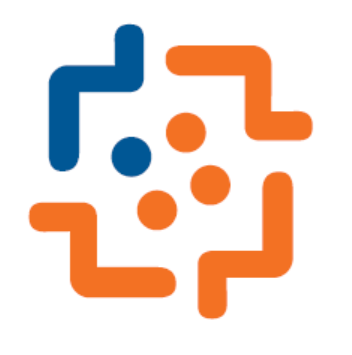Marketing automation programs can be powerful tools to keep customers engaged with your brand by automating and personalising communication efforts. Marketing automation is the use of software to enable companies to effectively target customers in a personalised way with automated marketing messages across multiple channels.
There are many Marketing Automation platforms. Let’s compare the features and benefits of four popular marketing automation platforms:
Salesforce Marketing Cloud
- Use Marketing Cloud to send personalised email campaigns to customers based on their past purchase history or other behaviour data.
- Set up triggered email campaigns that send automated messages based on customer actions, such as abandoned cart reminders or post-purchase follow-ups.
- Utilise social media management tools to engage with customers on social platforms and share relevant content.
- Use Marketing Cloud’s mobile messaging capabilities to send targeted push notifications to customers’ devices.
- Salesforce Marketing Cloud journey builder helps curate multi-channel customer journeys with email, SMS and social.
Overview: Salesforce Marketing Cloud is a comprehensive platform that offers a wide range of tools for email marketing, social media marketing, mobile messaging, and more. It’s a good choice for larger B2C businesses that need a powerful and customisable solution but it can be a bit more complex to set up and use for smaller teams.
Salesforce Marketing Cloud Account Engagement
- Use Account Engagement to create targeted campaigns for specific accounts, personalised with information about their business needs and interests.
- Engage with decision-makers at those accounts through email, social media, and other channels.
- Use Account Engagement’s analytics capabilities to track engagement and adjust your approach based on what’s working.
Overview: Salesforce Account Engagement is a specialised tool focusing on account-based marketing (ABM). It’s designed to help sales and marketing teams target and engage specific accounts with personalised campaigns. This can be especially useful for B2B businesses with a smaller, high-value customer base.
Mailchimp
- Use Mailchimp’s segmentation tools to send targeted email campaigns to different segments of your audience, based on factors like past purchase behaviour or location.
- Set up triggered email campaigns that send automated messages based on customer actions, such as abandoned cart reminders or welcome series.
- Use Mailchimp’s landing page builder to create custom landing pages for specific campaigns, such as a new product launch.
- Utilise Mailchimp’s social media management tools to engage with customers on social platforms and share relevant content.
Overview: Mailchimp has become popular and is generally known for its ease of use and affordability. It’s a good choice for smaller businesses or those just starting with marketing automation. Mailchimp offers a range of features for email campaigns, audience segmentation, and analytics.
ActiveCampaign
- Use ActiveCampaign’s automation capabilities to set up complex, multi-step campaigns that send personalised messages to customers at the right time.
- Use ActiveCampaign’s CRM tools to track customer interactions and personalise communication based on past behaviour.
- Utilise ActiveCampaign’s SMS messaging capabilities to send targeted text messages to customers.
- Use ActiveCampaign’s lead scoring system to identify the most engaged and valuable customers and adjust your approach accordingly.
Overview: ActiveCampaign is another all-in-one marketing automation platform that offers features for email marketing, CRM, SMS messaging, and more. It’s known for its automation capabilities and flexible pricing plans, which make it a good choice for businesses of all sizes.
Each marketing automation platform offers a range of tools and features to help you keep customers engaged with your brand. Consider factors like the size of your customer base, the complexity of your marketing campaigns, and the level of customisation you require when comparing these options. The best approach will depend on your specific business needs and goals.





